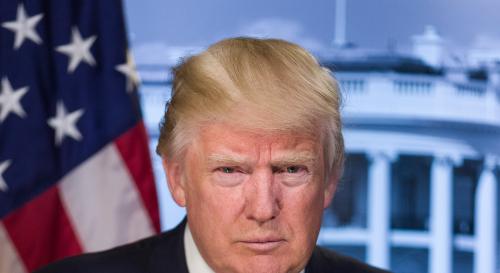
Breadcrumbs navigation
Neoclassical realist theory of populist foreign policy
In this short video abstract, Gustav Meibauer discusses his key arguments from his new Review of International Studies article - Neoclassical realist theory of populist foreign policy.
Want to know more? You can read the full article at DOI: https://doi.org/10.1017/S0260210525101460
This is an open access article, however BISA members receive access to RIS (and to our other journal European Journal of International Security) as a benefit of membership. To gain access, log in to your BISA account and scroll down to the 'Membership benefits' section. If you're not yet a member join today.
Abstract
The study of populism has started to permeate international relations (IR) and foreign policy analysis (FPA). This literature is still characterised by a frequent focus on individual states’ foreign policies, (therefore) dearth of generalisable findings, and lack of integration with existing IR/FPA theory. This means that it struggles to explain recent findings that, in contrast to earlier assumptions that populist governments consistently disrupt international order, some populist governments are quite willing to compromise internationally and may switch between confrontation and compromise vis-à-vis those trappings of international order they perceive as representing a corrupt liberal elite. I suggest that a neoclassical realist model of populist foreign policy can help address both the larger theoretical as well as the particular empirical challenge. It explains the foreign policy of populist governments primarily by the permissiveness and threat level characterising the respective state’s international environment. However, the effect of these systemic constraints is mediated by the degree to which populist politics capture the state. Such capture is dependent on (1) decision-makers’ depth of commitment to populist ideas and their ability to (2) transform state institutions to remove checks on executive power.
Photo by Luis Desiro on Unsplash

